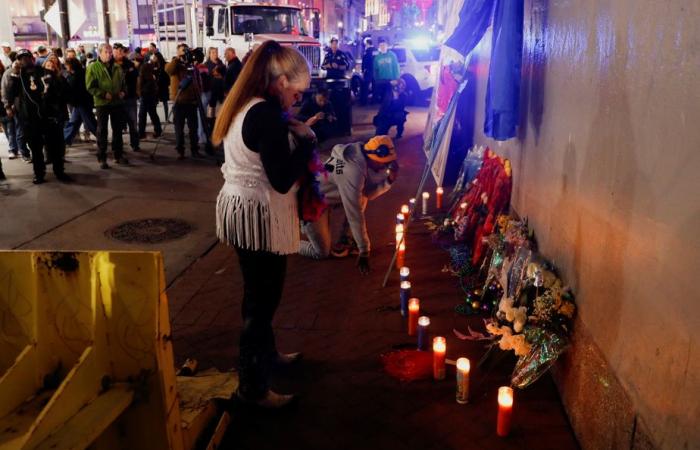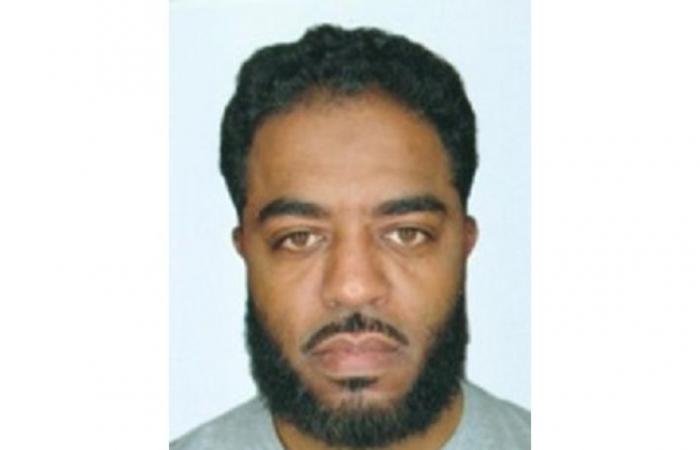Donald Trump quickly established a link between the attack in Louisiana and immigration. However, the alleged perpetrator of the attack was born… in the United States. The man even served in the US military, just like the individual suspected of blowing up a Cybertruck in Las Vegas. Here are five myths about radicalization and violent extremism that The Press deconstructed with the help of experts.
Published at 5:00 a.m.
Radicalization and violent extremism are directly linked to immigration and religion.
Not at all, according to the experts interviewed. Violent extremism can come from external as well as internal threats, explains Professor David Morin, holder of the UNESCO Chair in Prevention of Radicalization and Violent Extremism. “President-elect Donald Trump was quick to make a reference to illegal immigration, even though the individual behind the attack in Louisiana was born in the United States and served a long time in the forces American armies,” explains the specialist, who highlights the strong Southern accent noted in videos of the suspect.
FBI PHOTO, PROVIDED BY ASSOCIATED PRESS
The alleged perpetrator of the attack in New Orleans, Shamsud-Din Jabbar
Far-right ideology is also at the origin of numerous attacks in America, recalls Sébastien Brouillette-Alarie, associate professor at the School of Criminology at the University of Montreal. “There is a lot of emphasis on so-called religious radicalization, particularly Islamist radicalization, but there are other forms of extremism that are just as dangerous, especially in North America,” he explains. The professor cites the attack on the Grand Mosque of Quebec in 2017, where a mass killing was perpetrated by a far-right Quebec student.
Individuals who commit such crimes are affiliated with a group and are solely motivated by ideology.
No, they are not necessarily affiliated with a group. And according to Mr. Brouillette-Alarie, we sometimes overestimate the importance of ideology in the process of taking action. Other factors, such as personal life events or the desire to imitate a similar act, can constitute the ultimate trigger for such a gesture. About ten days before the tragedy in Louisiana, a similar event occurred in Germany, in a Christmas market in Magdeburg, leaving five people dead and hundreds injured. Mental disorders – like those involved in the Magdeburg affair – can also be the cause of an attack, but they are often over-represented, specialists observe.
There is a typical profile of individual associated with radicalization.
There is no typical profile associated with radicalization, and it is not associated with any social status. The Magdeburg attacker, for example, was a doctor. “But over the past ten years, the majority of attacks like those [de La Nouvelle-Orléans et de Las Vegas] were committed by lone actors who were not specifically affiliated with terrorist groups, whether jihadist or far-right,” underlines Mr. Morin.
Professor Sébastien Brouillette-Alarie notes that isolation is an increasingly common characteristic among the perpetrators of this type of attack. The FBI has also confirmed that the alleged perpetrator of the vehicle-ramming attack in New Orleans had acted alone, but had been inspired by the Islamic State organization. The motives of the suspect in the Las Vegas explosion remain unknown until now.
This is the first time that veterans have carried out attacks of this kind in the United States.
This is false. There is an over-representation of people with military experience among violent extremists in the United States, particularly after the war in Iraq and Afghanistan, says David Morin. In 2009, veteran Nidal Hasan killed 13 people and injured 30 others in a Texas shooting. He was motivated by jihadist ideology and his opposition to military deployment.
Anger at the State, a quest for identity or a desire to find a form of intensity can explain this phenomenon, lists Mr. Brouillette-Alarie. “At the same time, for extremist groups, ex-soldiers are often members who can be interesting because they know how to handle weapons and know the principles of surveillance,” continues the professor. The van driver in New Orleans served in the Army from 2007 to 2015 and was deployed to Afghanistan, then served in the Army Reserve until 2020. For his part, the author suspected of the Las Vegas explosion would have served until 2011, before joining the National Guard.
It is impossible to prevent this type of attack.
Difficult, but not impossible, assure the two experts we consulted. For Mr. Brouillette-Alarie, adequate intervention takes two forms: enhancing security measures and psychosocial assistance. In the aftermath of the van attack, bars outside the blocks where the FBI was conducting its investigation still attracted customers, and football fans still strolled the streets, reports the Agency France-Presse. “Obviously, it will have an impact, but in general, societies are quite resilient and ultimately resume their daily lives more quickly than one might expect,” comments Mr. Morin.







